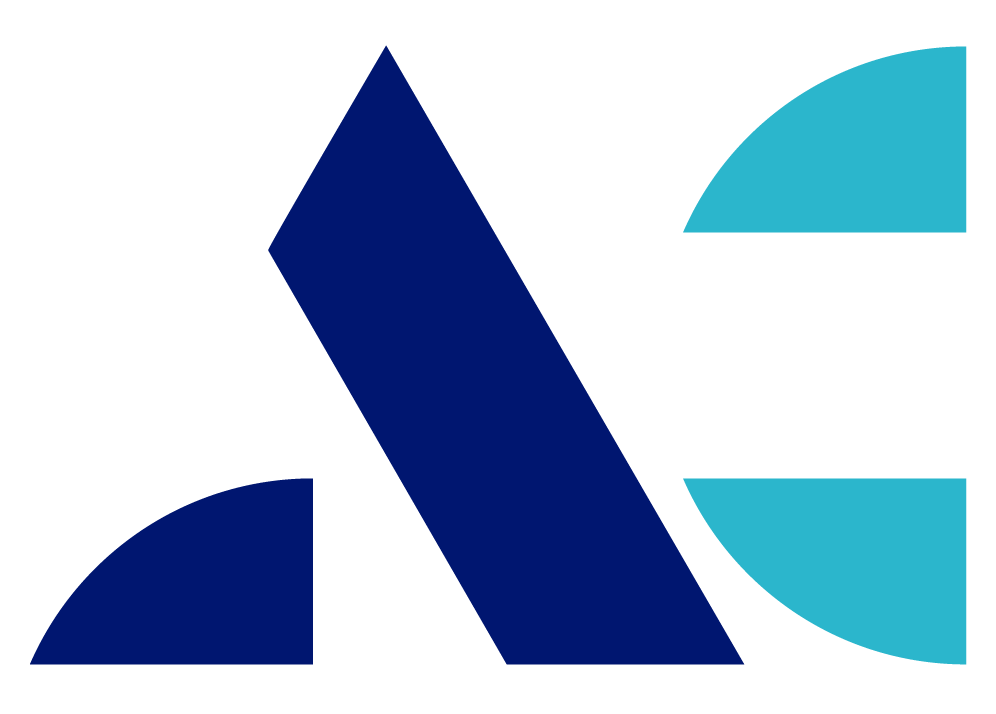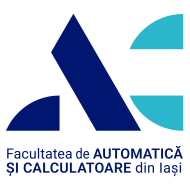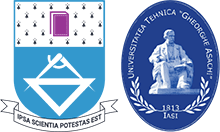The department of computers was established to facilitate better collaboration of computer science and engineering research and instruction. The department’s approach always aims to update curriculum and analytical programmes in accordance with the global developments in the sector and the demands of the labour market, while also pursuing scientific research.
Starting with the 2005-2006 academic year, under the Bologna Agreement, the teaching process has been restructured on a 4-year core cycle, within the field of university studies Computer Science and Information Technology, a 2-year master’s cycle and a 3-year doctoral programme.
Bachelor Study Programs
The Department of Computer Science and Engineering organizes two undergraduate study programs: Computer Science and Information Technology. These programs are organized on 8 semesters of 14 weeks, averaging 27 hours per week. They contain fundamental disciplines, field and specialty engineering training, and also complementary disciplines. For the two study programs, the first three years form a common trunk. Admission is given in the field, the division by specialization being made ahead of the 4th year, based on the school results from the first three years. Common disciplines are also in the 4th year, so the curricula for the two specializations overlaps 70% to 75%.
The study programs have been in operation since the academic year 2005-2006, with the transition to the Bologna process, and the last re-accreditation took place in 2015. Through structure and content, the programs allow cooperation with other Bologna Bachelor’s degree programs as well and the exchange of students and teachers.
The mission of these four-year study programs is to train highly qualified specialists in the field of computing systems, embedded computer systems, and information-based technologies. The proposed curricula aims at a thorough engineering training covering both hardware and programming, and allowing specific issues to be addressed, as well as interdisciplinary ones.
Computer Science
The Computer Science studies program assures future engineers a thorough training covering a vast array of computer science and engineering subjects, such as architecture and computer structure, microprocessor design, or programming algorithms and programming techniques for software application development. Starting from fundamental elements of mathematics, physics and electronics, the curriculum offers, on the one hand, specialized knowledge on the analysis and design of digital systems, computer architecture or microprocessor design, and on the other hand, programming knowledge, algorithms and data structures, modeling and simulation techniques, databases, distributed systems and real-time application programming, image processing techniques, VLSI circuit design and testing techniques, etc. The program also provides complementary knowledge of English, Economics and Marketing.
Information Technology
The Information Technology program provides future engineers with a thorough training covering a broad thematic area in the field of computers and information technology, with emphasis on programming engineering techniques for the development of complex applications. Starting from fundamental elements of mathematics, physics or computer programming, the study program provides, on the one hand, specialized knowledge of computer architecture, operating systems, computer networks and distributed systems, and, on the other hand, knowledge programming, algorithms and data structures, modeling and simulation techniques, databases, parallel and distributed algorithms, graphics processing techniques, web programming, information retrieval techniques on the web, etc. The program also provides complementary knowledge of English, Economics and Marketing
Master Study Programs
The Department of Computer Science and Engineering organizes two master study programs: Embedded Computers and Distributed Systems and Web Technologies. These programs are organized on 4 semesters of 14 weeks, averaging 16 hours per week. For Distributed Systems and Web Technologies, there are two teaching lines, one in Romanian and one in English. The 4th Semester is devoted entirely to the dissertation work. In this semester, it is proposed to carry out scientific research, development and innovation activities as well as the valorisation and dissemination of the results.
Embedded Computers
The Master’s Degree Program of Embedded Computers provides students with a basic training on computer systems architecture and computer programming, in-depth knowledge of the development of embedded computer hardware and software applications. The program addresses the concept of the Internet of things and provides advanced knowledge of designing complex automation, self-testing and operational safety, reliability and fault tolerance, and knowledge of computing systems security, embedded computer network communication, and sensor networks. The program also addresses advanced graphics processing and signal processing techniques
Distributed Systems and Web Technologies
The Master’s in Distributed Systems and Web Technologies provides students with basic computer programming and algorithm design, in-depth knowledge of parallel and distributed computing, including advanced algorithms specific to these paradigms, distributed application design, cluster technologies, grid and cloud concepts, service oriented programming techniques, modeling and estimation of distributed system reliability, image processing and distributed visualization as well as analysis and development of multi-agent systems. It is aimed at an international opening through the existence of a teaching line in English.
Cybersecurity
The goal of the master’s course in Cybersecurity is to generate professionals who can meet professional requirements and thrive in a highly innovative and dynamic labour market. It also aims to ensure that students receive comprehensive training in cybersecurity. Operating system security, mobile device security, Internet of Things systems, distributed systems, communication protocols, software-defined networking, and virtualization solutions are just a few of the subjects that will be covered in the course.Integrated Computers
Artificial Intelligence
Graduates of the master’s programme in artificial intelligence receive in-depth expertise in the subject of artificial intelligence in addition to a core education in computer programming and algorithm design. It incorporates concepts of explained artificial intelligence, neuro-symbolic techniques, natural language processing, probabilistic reasoning, multi-agent systems, reinforced learning, and advanced studies in machine learning and deep neural networks. Along with theoretical concerns, the programme includes a number of practical projects that apply AI concepts to a variety of fields, including image and sound processing, cybersecurity, and automotive. Due to its English teaching path, the programme is open to students worldwide.


